Shahadat Ali Akbar Noha 2024 | New Nohay 2024 | Safdar kaleem | Noha Muharram 2024
Description
Shahadat Ali Akbar Noha 2024 | New Nohay 2024 | Safdar kaleem | Noha Muharram 2024 Safdar Presents heart stirring nohay new 2024 for muharram 2024 relates mola ali akbar martyrdom, Title | Kuja Rafa Ali Akbar Poet | Janab Arsalan Azmi Compose | Janab Wajid Hussain Audio and Mixing | Lawa Studio (Mesum Zaidi) Video | The Focus Studio Creatives | AR Graphics Ali al-Akbar ibn al-Husayn (Arabic: عَلِيّ ٱلْأَكْبَر بن ٱلْحُسَيْن), commonly known as simply Ali al-Akbar, was the son of Layla bint Abi Murra and Husayn ibn Ali, the third Shia imam and the grandson of the Islamic prophet Muhammad. Aged between eighteen and twenty-five, Ali was killed at the Battle of Karbala in 680 CE, alongside his father and some seventy-two relatives and supporters, who fought against the army of the Umayyad caliph Yazid ibn Mu'awiya (r. 680–683). In Shia Islam, Ali al-Akbar is commemorated as a brave youth martyred before he could marry, and celebrated for his striking resemblance, in appearance and manners, to his great-grandfather, the Islamic prophet Muhammad. Ali al-Akbar was born to Husayn ibn Ali, the third Shia imam. Husayn was a grandson of the Islamic prophet Muhammad and a son of Ali ibn Abi Talib, the first Shia imam and also a cousin of Muhammad. All three men belonged to the Banu Hashim tribe. Mother of Ali al-Akbar was Layla, daughter of Abu Murra, who was the son of Urwa ibn Mas'ud, a companion of Muhammad from the Banu Thaqif tribe.[1] The maternal grandmother of Ali al-Akbar, Maymuna, was the daughter of Abu Sufyan, chief of the Banu Umayya tribe.[1] For this reason, the Umayyad caliph Mu'awiya (r. 661–680) apparently praised Ali al-Akbar as the most worthy of the caliphate, as he combined "the courage of the Banu Hashim, the generosity of the Banu Umayya, and the pride of the Banu Thaqif."[2] Ali al-Akbar is often celebrated for his striking resemblance to Muhammad, both in appearance and manners,[1] so much so that others looked at Ali al-Akbar whenever they missed Muhammad.[2] This similarity also explains the Persian epithet of Ali al-Akbar, Shabih-e Payghambar (lit. 'prophet's likeness').[3] Ali al-Akbar (lit. 'Ali, the elder') was the eldest son of Husayn, per majority of the early authorities,[2][3] including the Sunni scholars Ibn Sa'd (d. 845) and al-Baladhuri (d. 892) and the pro-Shia historian al-Ya'qubi (d. 897–898).[1] Ali al-Akbar was therefore older than Ali Zayn al-Abidin, the only son of Husayn who survived the Battle of Karbala.[1] The Islamicist W. Madelung (d. 2023), however, thought that Zayn al-Abidin was the eldest son of Husayn.[4] The birthdate of Ali al-Akbar is also disputed and his age at the Battle of Karbala in 680 CE is variously reported as 18,[1][1] 19,[5] 23,[1][2] or 25.[1][3] Among all these reports, 25 might be the most likely age because his younger brother, Ali Zayn al-Abidin, was probably 23 years old at the time of Karbala.[2] Among the Alids, that is, the descendants of Ali ibn Abi Talib, Ali a-Akbar was the first to receive permission to fight and enter the battlefield.[3][1] The accounts presented in popular literature, however, sometimes place him among the last to be killed. For instance, Ali is presented as the seventeenth casualty in Rawzat al-shohada by Husayn Kashifi (d. 1504), the Timurid-era poet and preacher.[3] Ali al-Akbar is said to have charged multiple times at the enemy lines. After one of his charges, he returned from the battlefield, injured and parched with thirst, and complained of thirst. Husayn consoled him that his thirst would soon be quenched at the hands of his great-grandfather Muhammad. Ali al-Akbar then returned to fight and was finally felled by Murra ibn Sa'd, who is said to have struck Ali from behind. He fell and was surrounded by Umayyad soldiers who "cut him to pieces." In most reports, his killer is named Murra ibn Munqidh al-Abdi,[3][1] who later survived a revenge attempt by the pro-Alid revolutionary Mukhtar al-Thaqafi (d. 687), but was severely wounded.[1] A grief-stricken Husayn wept over the body of his dead son and,[1] and lamented, "The world has ended," and, "There will be [only] dust on the world after you," according to al-Irshad.[1][30] Husayn's sister Zaynab rushed there too and Husayn finally returned to the camp with her inconsolable sister. He then asked other young men to carry the body of Ali al-Akbar back to the camp.[1] The battle ended when the lone-standing Husayn was killed in the afternoon.[24] The severed heads of Ali al-Akbar and others were afterward taken to Ibn Ziyad in Kufa and then to Yazid in Damascus, where his head was likely buried in the Bab al-Saghir cemetery.[3] The women and children, taken captive after the battle, were marched alongside to Kufa and then Damascus.[31]

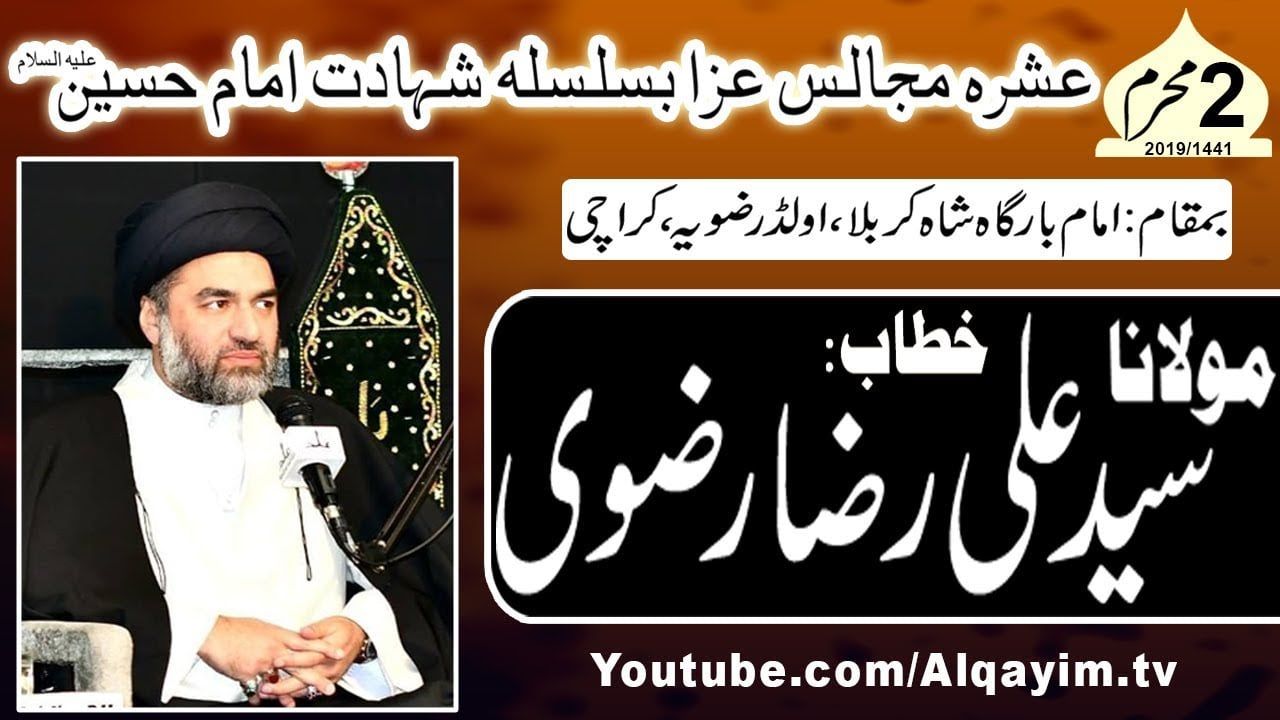
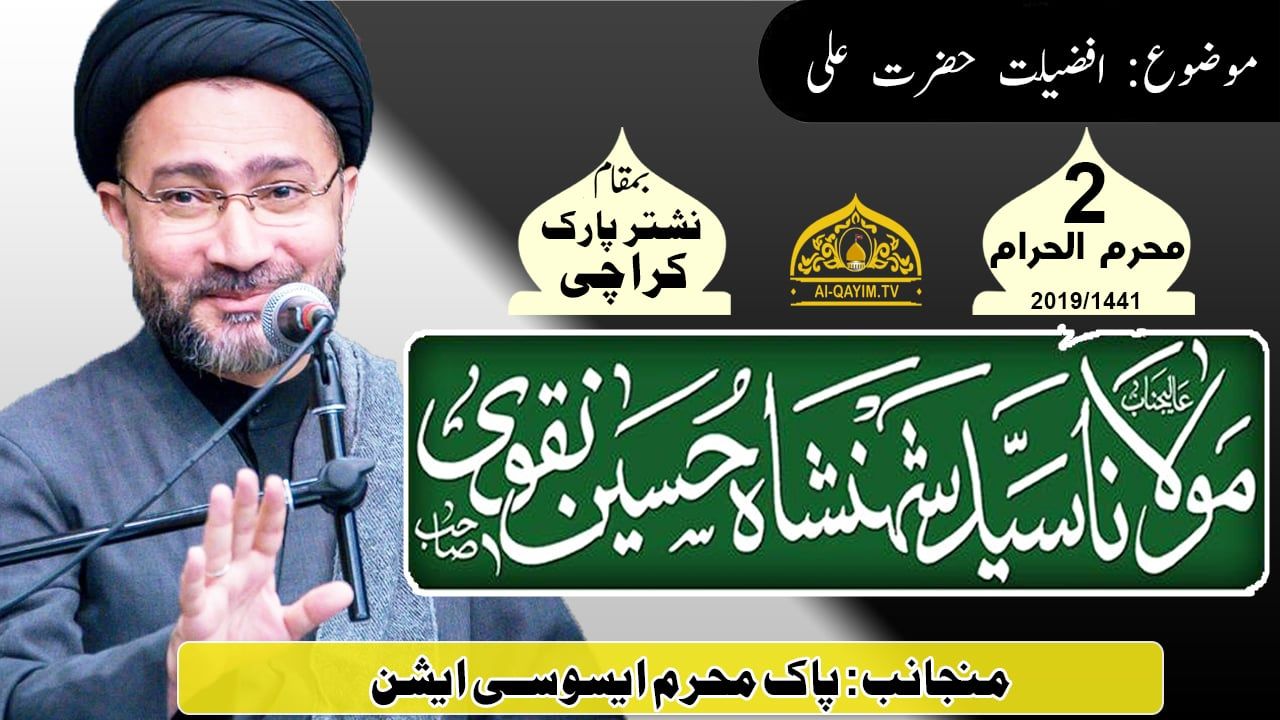
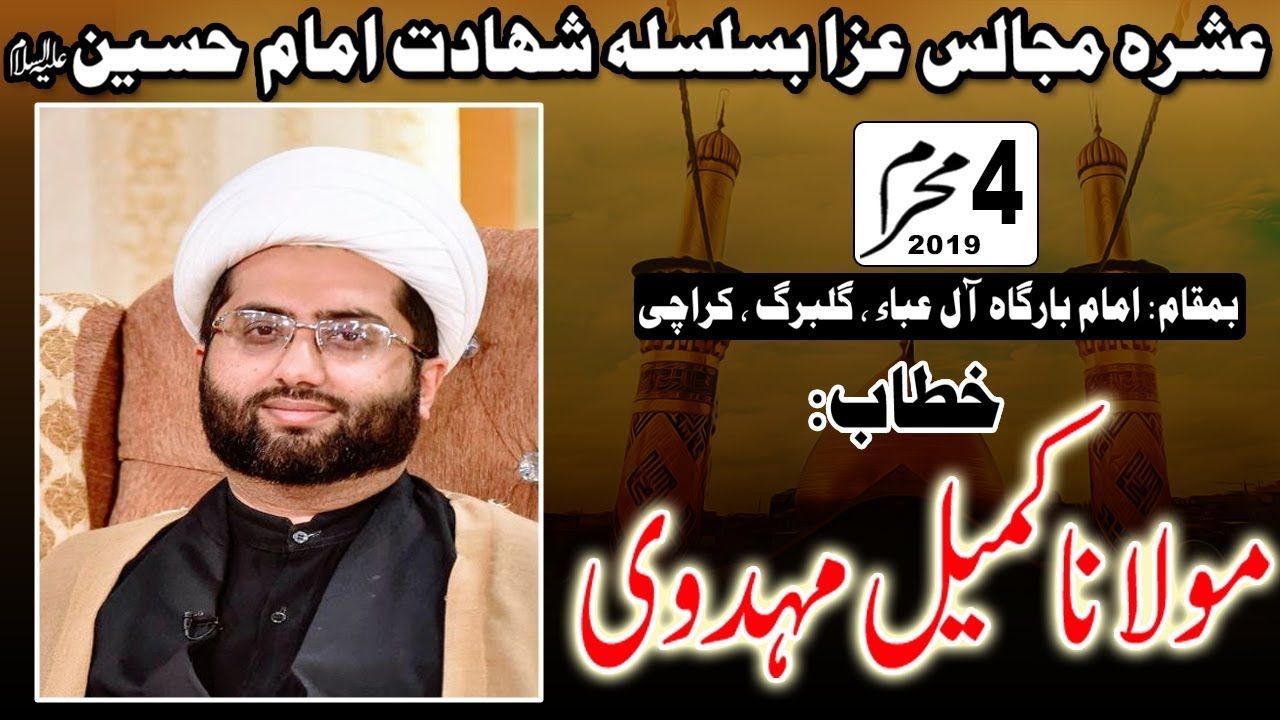
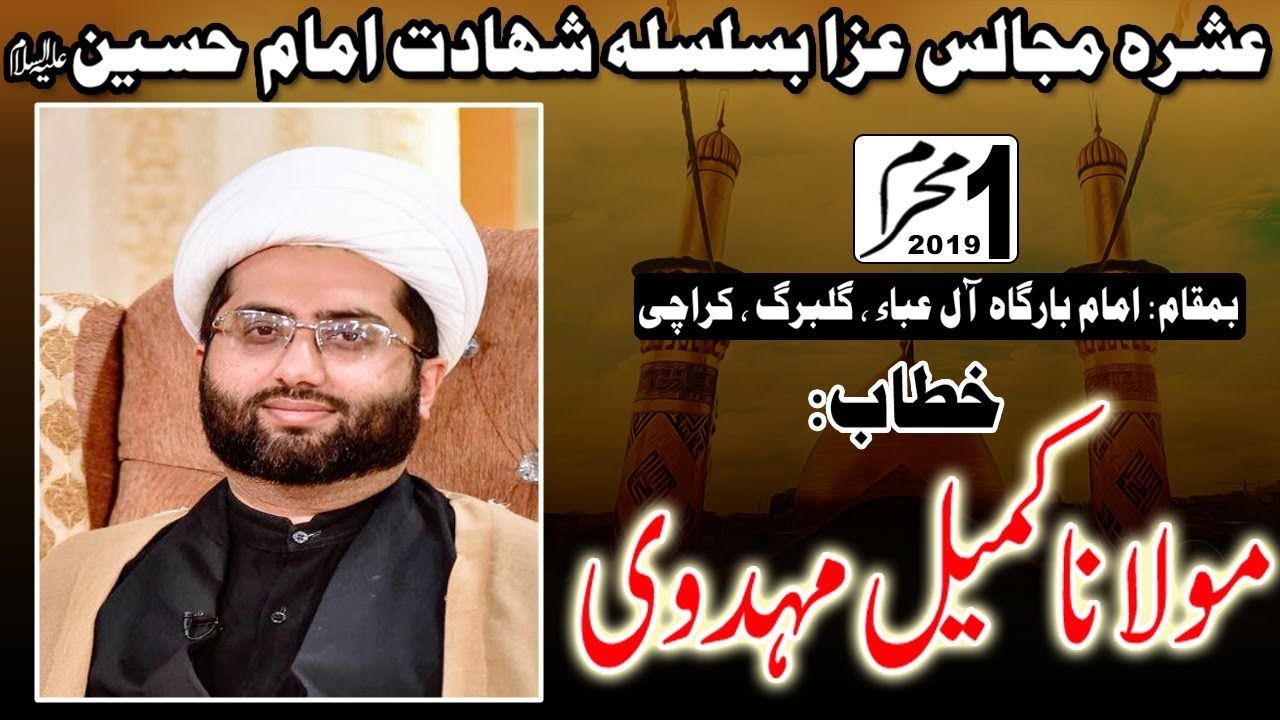
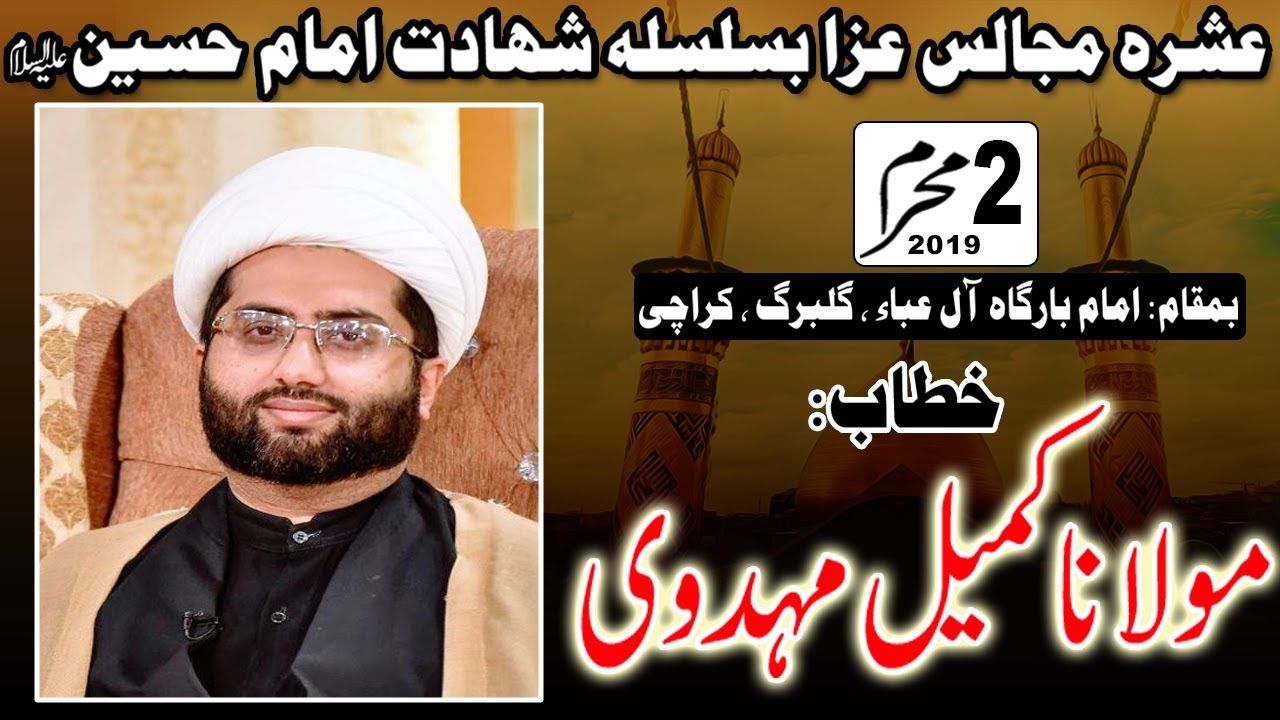
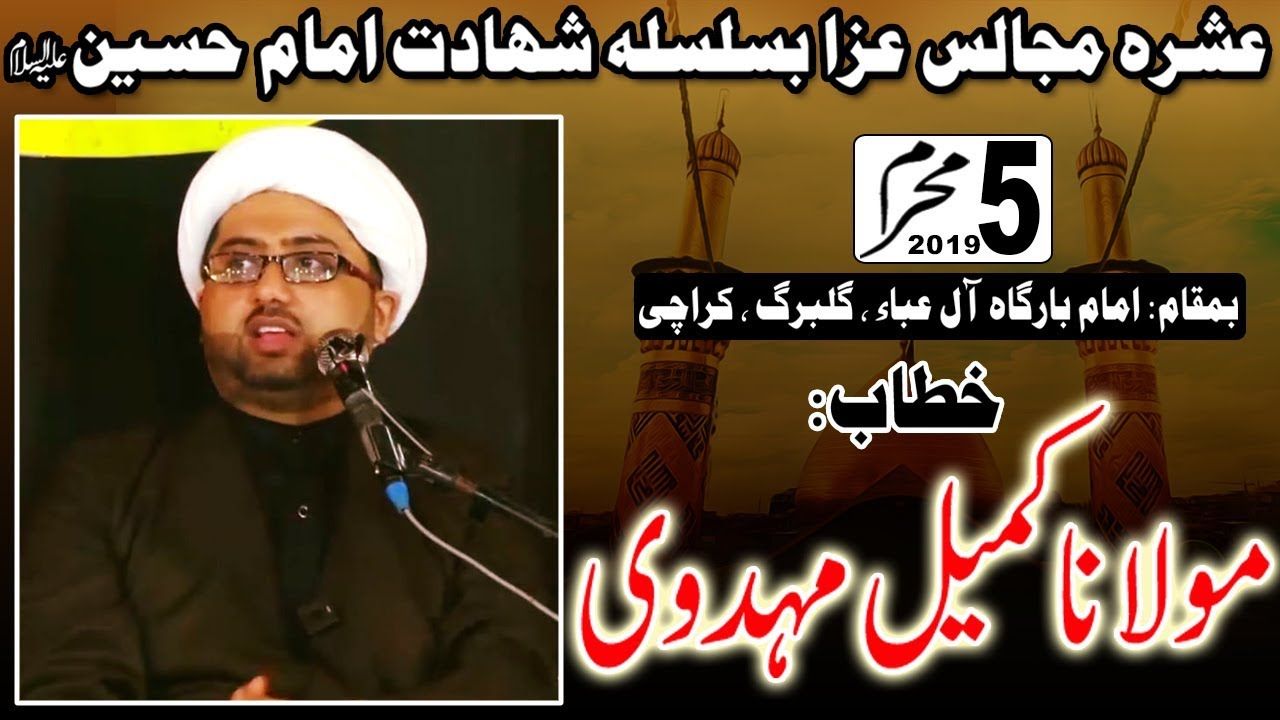

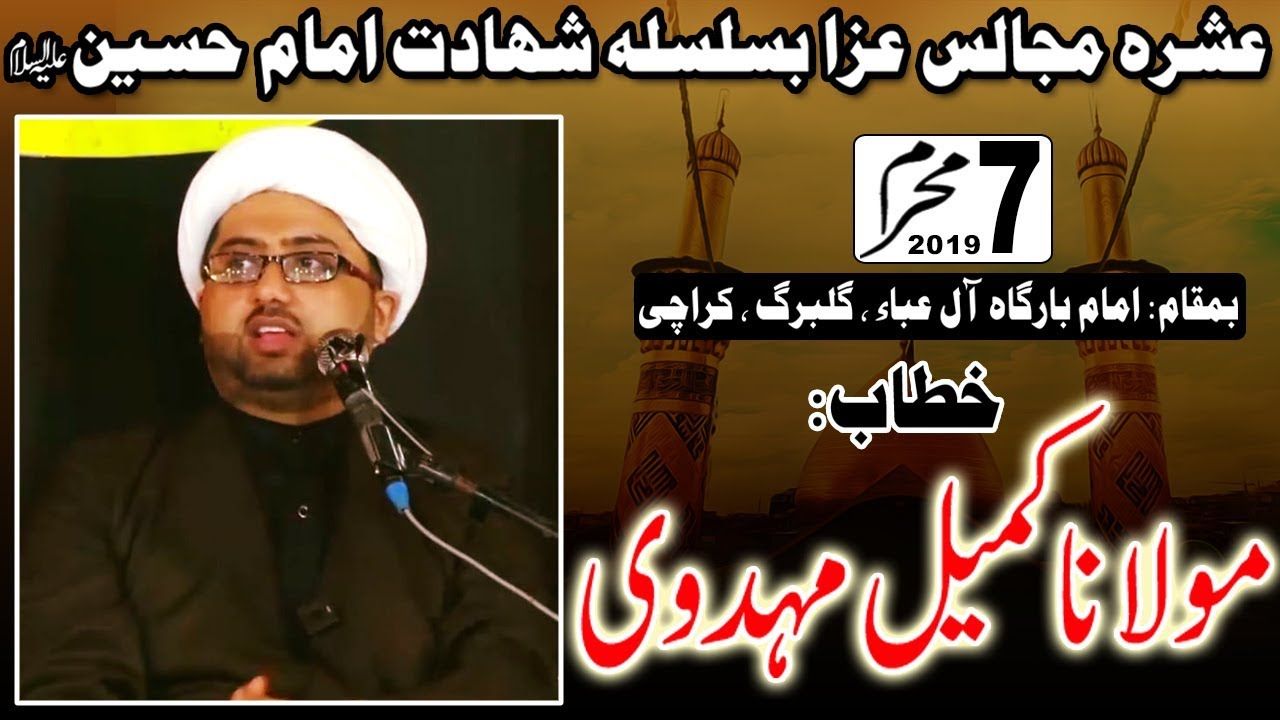
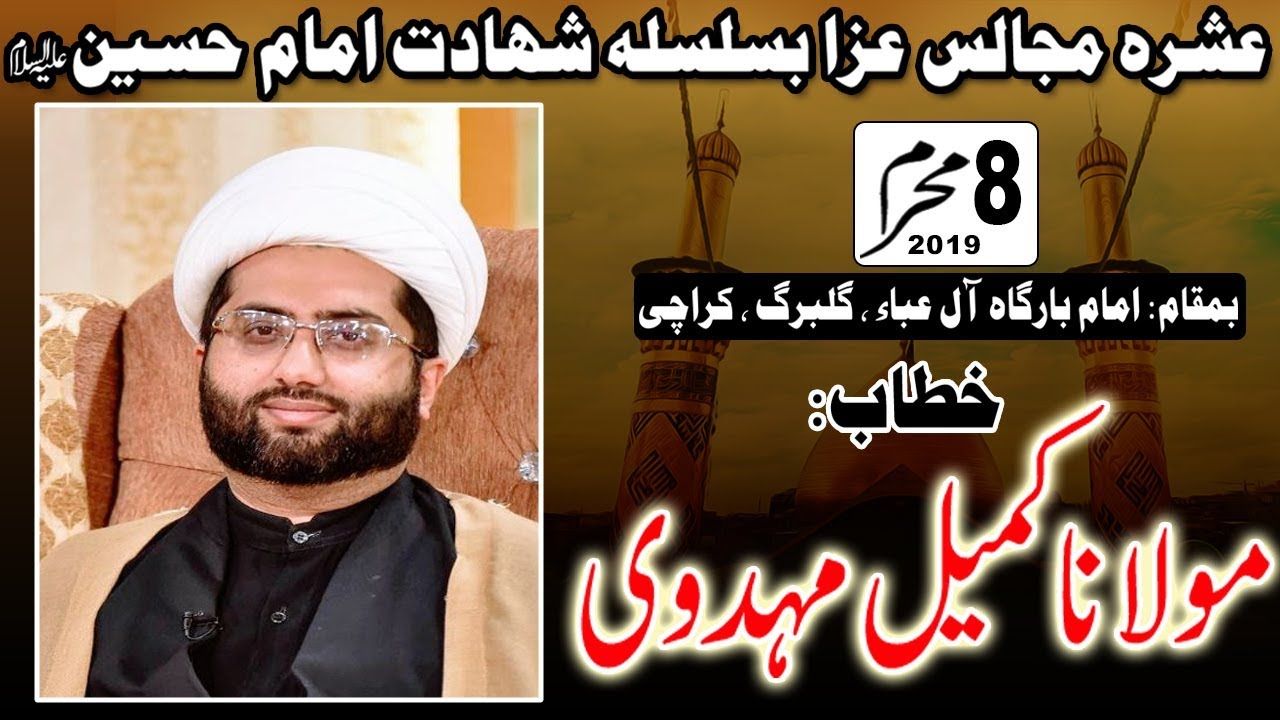
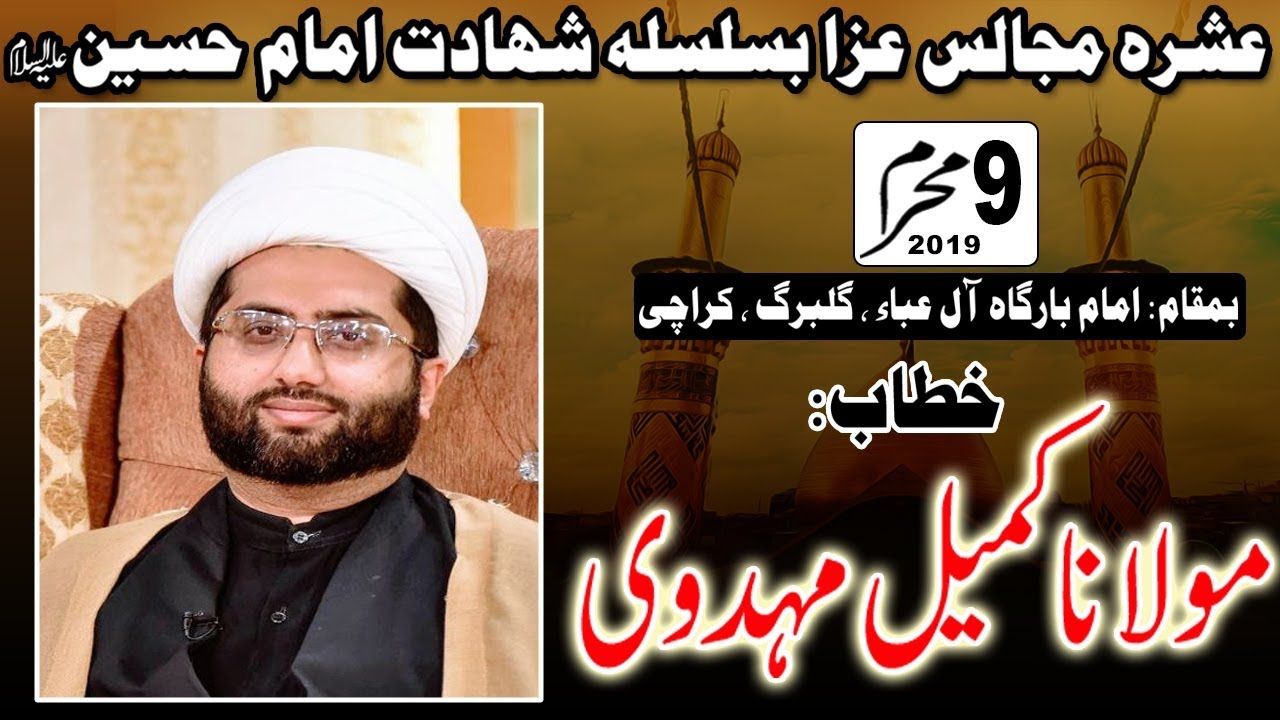
Comments
0